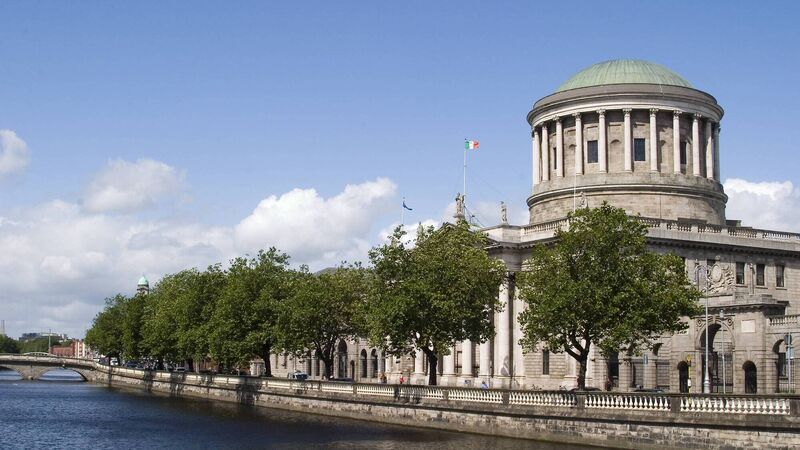Failure to provide accommodation to Afghan asylum seeker 'unlawful', courts rules

The failure of the minister for integration to provide 'material reception conditions' to the Afghan asylum-seeker left homeless when he arrived in this State is unlawful, the High Court has declared.
An Afghan asylum-seeker left homeless and who had to resort to begging when he arrived in Ireland has won a key High Court legal challenge.
The failure of the minister for integration to provide “material reception conditions” to the Afghan asylum-seeker left homeless when he arrived in this State is unlawful, the High Court has declared.











